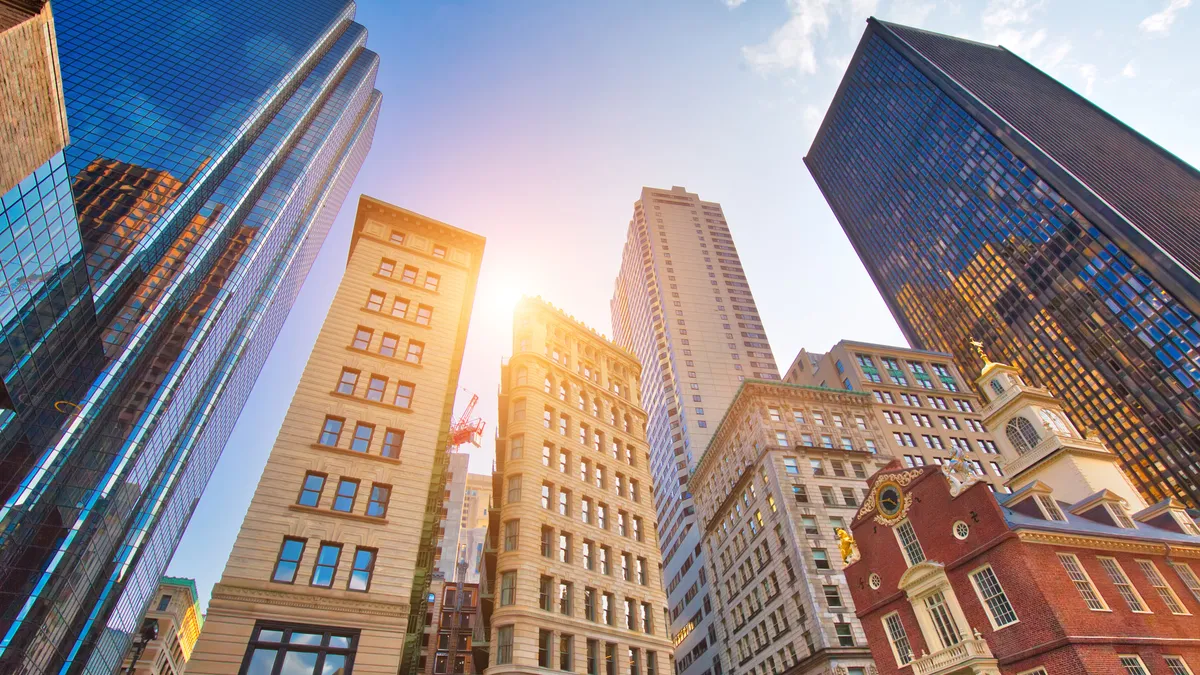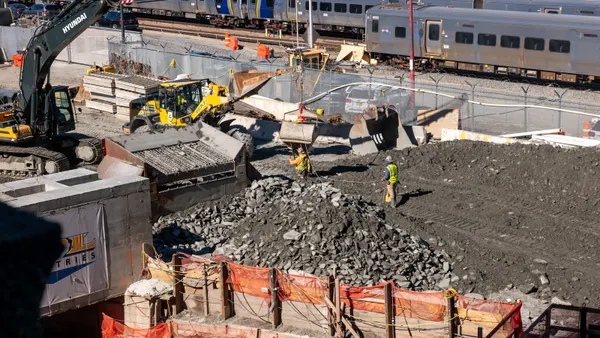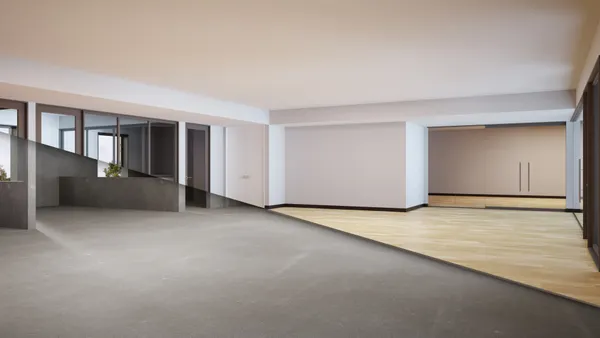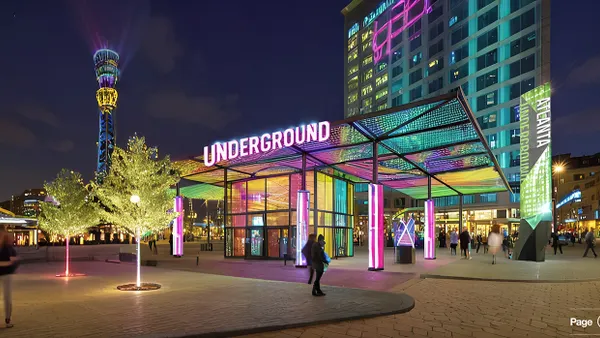Boston Mayor Michelle Wu announced Tuesday her intent to file legislation that potentially would allow for the elimination of fossil fuels in new construction or major renovations, following in the footsteps of regulations in New York City, Seattle and Washington, D.C.
The city’s pursuit of such building standards follows Massachusetts Gov. Charlie Baker, R, signing a major climate bill last week. The state law establishes a pilot program that will allow 10 municipalities to create local policies restricting the use of fossil fuels in new construction projects. Those policies intend to spur the adoption of cleaner technologies to power buildings, such as electric heat pumps.
“We are eager to carry out the intent of this state legislation and maximize its benefit by including the Commonwealth’s largest city” in the pilot program, Wu said in the announcement.
Such ordinances had previously been blocked by state law. The Boston Globe reported Tuesday that 10 other communities had already filed home rule petitions, a step they must take to be considered for participation in the pilot program. Those communities include Brookline, a town in the Boston suburbs that voted in 2019 to become the first East Coast town to ban fossil fuel hookups in new buildings but ultimately was not allowed by the state to do so. The first 10 communities to file home rule petitions will have priority access to the program, the Globe article explains, but if not all of them meet other program requirements, later filers, including Boston, could be selected to participate.
Local climate advocates heralded the development in Boston. “Mayor Wu’s announcement demonstrates that the new climate law is already working. Cities and towns are lining up to do their part in the transition from fossil fuels to clean energy,” said Ben Hellerstein, state director for Environment Massachusetts, in a statement.
Boston, a member of the national Building Performance Standards Coalition, last fall adopted a building performance standard that requires all buildings 20,000 square feet or larger to meet certain emissions targets by 2025, and have zero carbon emissions by 2050. City carbon emissions data show commercial, industrial and large residential buildings account for about 51% of Boston’s emissions, while small residential buildings make up about 19% of its emissions.
Boston’s next step is a community and stakeholder engagement process to set the parameters and timelines of fossil fuel-free building standards, according to the announcement.
Separately, the Wu administration recently appointed the city’s first Green New Deal director. Oliver Sellers-Garcia, who previously did resilience and equity work for the Massachusetts Bay Transportation Authority and directed the Mayor's Office of Sustainability and Environment in the neighboring city of Somerville, is tasked with shaping “an all-of-government approach” to climate across planning, housing, transit, jobs, energy use and electrification.













